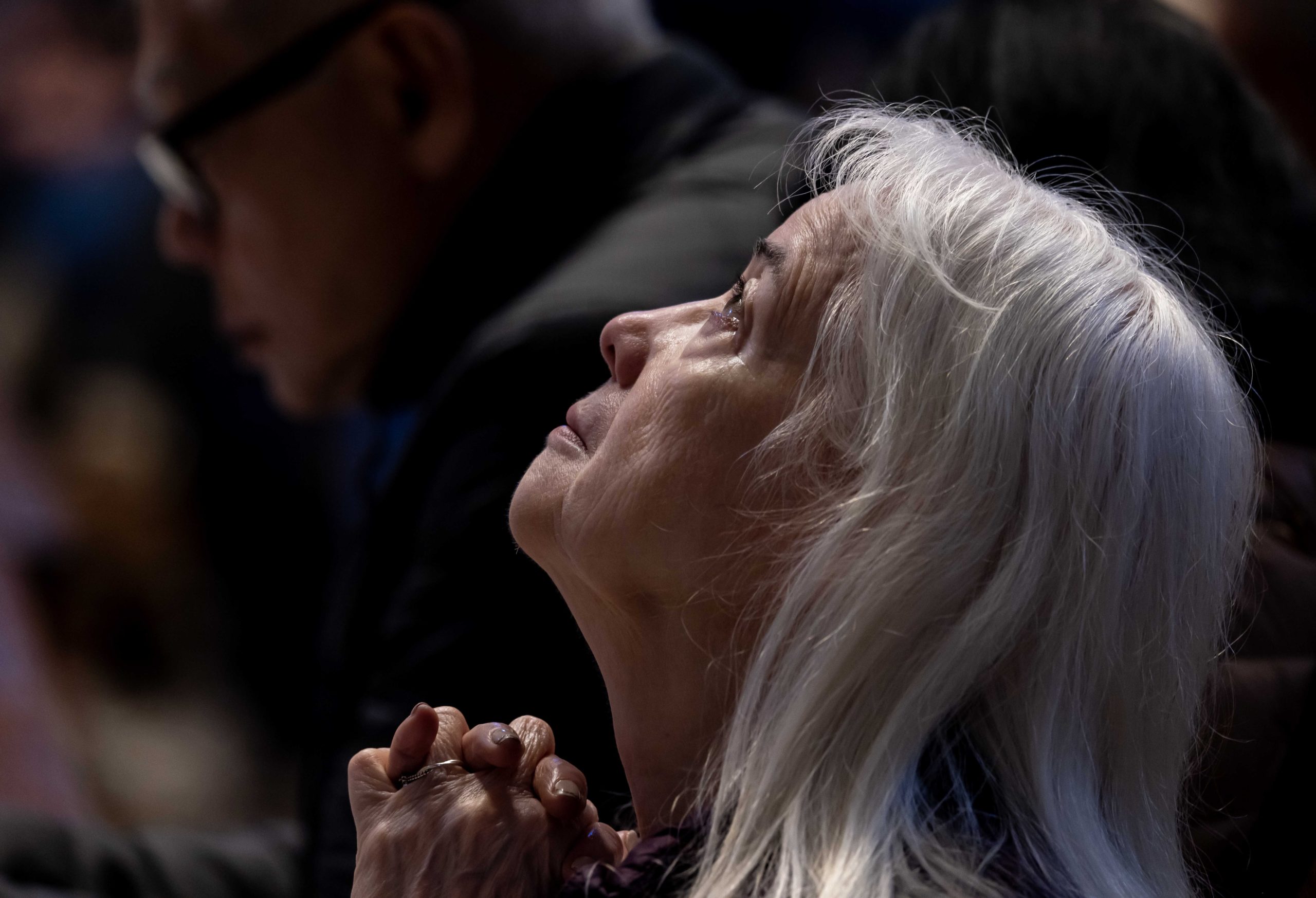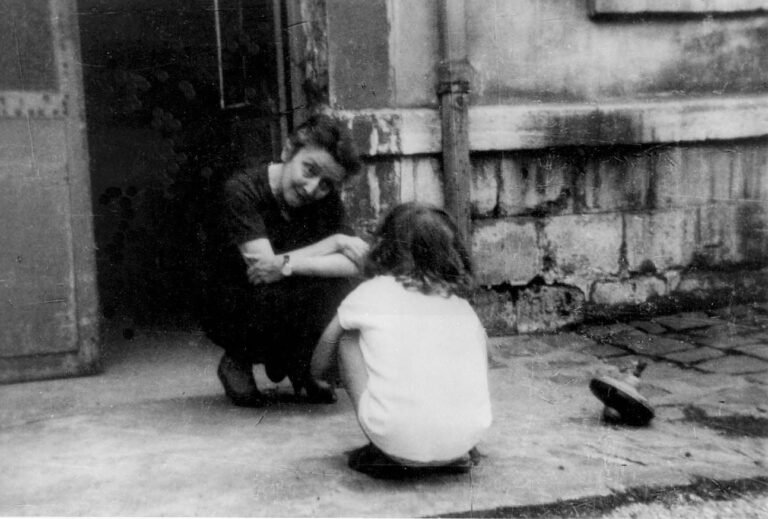Madeleine Delbrêl (1904-1964) was a French convert and mystic who founded an experimental lay community dedicated to social justice and the works of mercy.
An eccentric who started where she was and worked with what was at hand, she could be an exemplar for the kind of person Pope Francis meant when he called the laity to “the outskirts of existence.” At the same time, he added, “[The layperson] is to create and sow hope, to proclaim the faith, not from a pulpit but from his everyday life.”
An only child, in her youth Delbrêl was resolutely atheistic. After converting in 1924, she became engaged to a man who broke off their relationship to join the Dominicans. Then her father went blind. The experiences devastated her.
In 1933, she accepted the offer from a priest of a two-bedroom house in the largely communist Paris suburb of Ivry-sur-Seine. Along with two other women, she moved in shortly thereafter.
Raspail, as their house was known, became a hub of social and political activism with an emphasis on treating Christ in “the least of these” with humility, verve, and humor.
Delbrêl didn’t attempt to “influence,” in the way of today’s social media stars; rather, she served — with no thought of whom or even why, beyond the fact that every human being is a child of God.
“When you finally discover that you are just one of the little people,” she once quipped, “don't conclude that this makes you special.”
Over the years, Raspail sheltered incorrigible drunks, borderline personalities, and families spilling over with children. As well, the community befriended the communists among whom they lived.
Delbrêl, who was declared “Venerable” by Francis in 2018, was dazzled by the notion that authentic freedom is grounded in Christ. She also wrote of the Church’s failure adequately to love the outcast and the prisoner.
In keeping with her below-the-radar ethos, she resisted what she called “literature.” Nonetheless, she constantly scribbled pamphlets, letters-to-the-editor, and tracts.
Her books include “We, the Ordinary People of the Streets” (Eerdmans, $31.99), “The Little Monk” (Crossroad, $10.58), and, probably her most well-known, “The Joy of Believing” (Sophia Institute Press, $19.95).
She worked indefatigably during World War II to welcome refugees, arrange housing, and console the traumatized. All the while she smoked like a fiend, wore salvaged pillbox hats decorated with fake flowers, and took abysmal care of her health.
In time, she traveled to Switzerland, Scotland, Africa, Poland, and Rome, but France remained forever her home base. She resisted organizing Raspail as a “Pious Institute” with fixed rules and regulations, as was decreed by the Vatican for lay organizations in 1947. She believed in “people without categories” and in a life without boundaries.

For those of us without special attributes or charismatic personalities, Delbrêl’s message is welcome indeed.
“Clearly we have to make our presence in the world a casual, fragile presence, a presence that is constantly ready for new departures, or which plunges down roots without knowing from day to day how long they will remain there,” she wrote. “This happens because we know that God alone calls, gives faith, and saves, that none of us have any real authority. … It is possible that no one will respond to this call … ever. We could get a mouthful of failure.”
In practice, a mouthful of failure can be hard to swallow.
I keep thinking of a period during which I frequently attended noon Mass at St. Philip the Apostle Church in Pasadena. After several months I came to recognize the other regulars. One woman with a kind, worn face often stayed afterward as I did for a time of silent prayer. We fell to chatting one afternoon: “It’s nice to be here together,” I told her. “Even though we parishioners mostly don’t know each other — at least I don’t — knowing we are all part of the Mystical Body is a kind of comfort.”
“I come every day,” she agreed. “My children, my grown children … they’ve all fallen away from the faith. I’ve come every day for years and pray with all my heart for them to return.”
“Each time that we are torn apart because we choose to be faithful to God’s faithfulness to us,” Delbrêl wrote, “we become as it were breaches in the world’s resistance.”
We become breaches in the world’s resistance whether we’re sheltering the immigrant, or praying for our — and by extension the world’s — lapsed children.
That faithful parishioner may not have converted her children, but she converted — and continues to convert — me.
On Oct. 13, 1964, Delbrêl worked, as usual, at the battered desk from which she ministered to her “tiny multitude.” A community member found her lifeless body late that afternoon.
She would have concurred absolutely with the challenge recently issued by my parish priest. “So you call yourself Catholic — wonderful! Now show me! Show me in the way you love me.”

